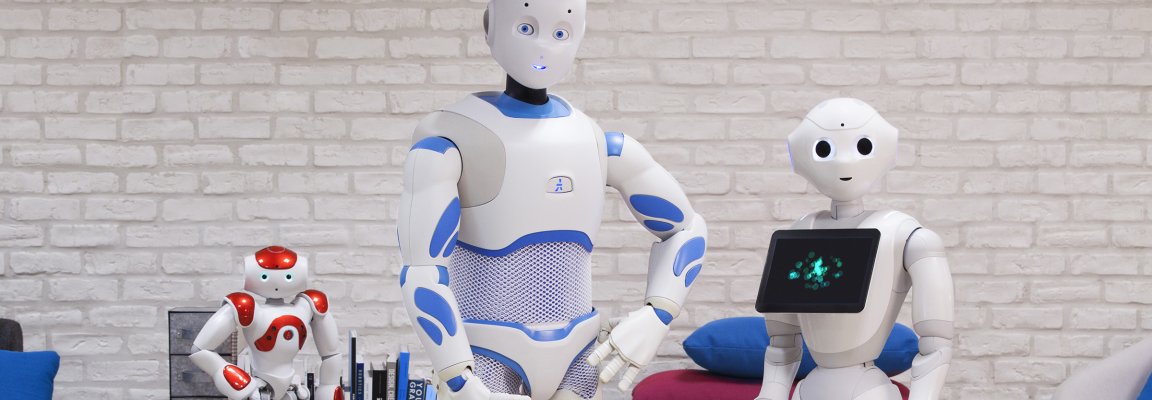
AI Ethics
The Institute of Electrical and Electronics Engineers (IEEE) has published a second draft of its guide to ‘Ethically Aligned Design.’ As artificial intelligence and autonomous machines become a greater presence in day-to-day life, this document should help ensure that their development is carried out with the proper care and consideration.
“Our goal is that Ethically Aligned Design will provide insights and recommendations that provide a key reference for the work of technologists in the related fields of science and technology in the coming years,” reads the mission statement of the IEEE Global Initiative on Ethics of Autonomous and Intelligent Systems, included in the guide.
The global initiative is comprised of thirteen distinct committees, bringing together several hundred technical and sociological experts from six different continents with specializations in academia, industry, civil society, policy, and government. Each committee focused on a particular component of development, ranging from the challenge of embedding values into autonomous intelligent systems, to the economic and humanitarian issues these technologies will bring about.
Eight committees were established for the first draft of Ethically Aligned Designed, and another five have been added for the second version. There are Affective Computing, Policy, Classical Ethics in Autonomous and Intelligent Systems, Mixed Reality in ICT, and Well-being.

This diverse set of contributors was assembled in the hopes of giving people working with AI and autonomous systems a broad understanding of the ethical and societal implications of their output. Just as technical and sociological perspectives are included, efforts were made to represent various different cultures.
For example, different gestures made by a robot might have different connotations in different parts of the world – engaging in small talk might be desirable in certain contexts, and rather undesirable in others, and eye contact might be seen as polite or impolite depending on the norms of that community. By drawing upon a wide range of sources, this document attempts to stress the importance of taking these considerations into account when developing technology for a global audience.
Laying the Foundations
AI and autonomous systems are already being implemented by various industries, and this is only set to become more prevalent in years to come. As such, it’s crucial that we put certain guidelines in place before this uptick in adoption begins in earnest.
“We’re not issuing a formal code of ethics,” said Raja Chatila, chair of the initiative’s executive committee, in an interview with Inverse published shortly after the original report. “No hard-coded rules are really possible.”
International governments do have a part to play in regulating new technology — Joanna Bryson, who serves as a chair of the Affective Computing subcommittee committee alongside fellow chair Ron Arkin, acknowledged lawmakers’ role in this process when she spoke to Futurism earlier this year. However, self-governance is also very important, so hopefully Ethically Aligned Design will have the desired effect on future development.